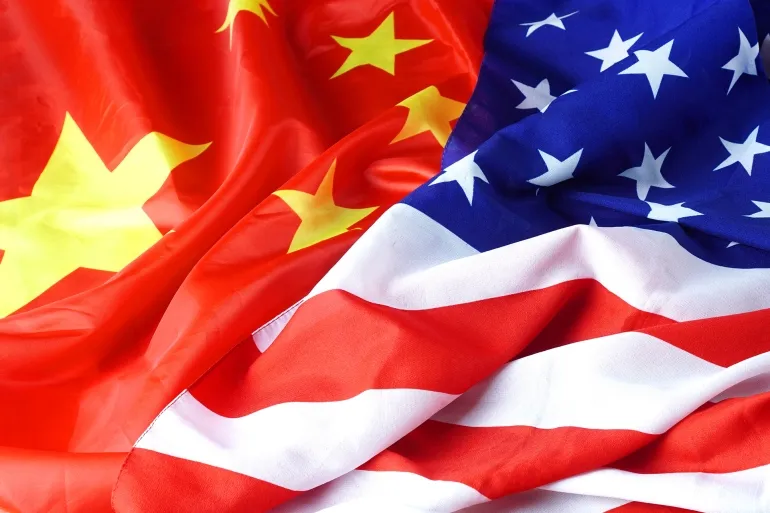On August 29, the U.S. Department of Commerce's Bureau of Industry and Security (BIS) announced revisions to the Export Administration Regulations (EAR), removing three major semiconductor firms from its "Validated End-User" (VEU) program in China. The decision affects Samsung China Semiconductor Co. Ltd., SK hynix Semiconductor (China) Ltd., and Intel Semiconductor (Dalian) Ltd., the latter now under SK hynix ownership.
The rule, published in the Federal Register, takes effect 120 days after September 2. Once the transition period ends, these companies will no longer enjoy blanket authorization to import U.S. chipmaking equipment and must instead apply for individual export licenses.
The VEU program had allowed approved firms to bypass case-by-case licensing for certain controlled U.S. technologies, streamlining supply of advanced tools into China. After the latest change, only four entities remain on the China VEU list: AMD (China), Applied Materials (China), Boeing Tianjin Composites, and Lam Research Equipment Technology (Shanghai).
The Commerce Department emphasized that while it will approve licenses to support continued operation of existing fabs, it does not intend to authorize permits that would enable capacity expansion or technology upgrades. "The administration is committed to closing loopholes that put U.S. companies at a competitive disadvantage," said Alan Estevez, Under Secretary for Industry and Security.

The move marks the rollback of waivers first granted in 2022 and later extended indefinitely in 2023, which had allowed Samsung, SK hynix, and TSMC's Nanjing fab to maintain operations in China despite sweeping U.S. export restrictions on advanced logic, DRAM, and NAND production equipment. TSMC's exemption remains in place.
Industry analysts warn the decision could slow Samsung's and SK hynix's ability to sustain or upgrade their massive memory operations in China, where both companies manufacture a significant share of global DRAM and NAND output. Samsung's Xi'an fab alone accounts for more than 40% of its NAND production, while SK hynix produces nearly half of its DRAM in Wuxi and recently acquired Intel's NAND fab in Dalian.
The policy shift also poses risks for U.S. semiconductor equipment makers such as Applied Materials, Lam Research, and KLA, whose sales to Korean-owned fabs in China may now face added licensing hurdles.
South Korea's Ministry of Trade, Industry and Energy said it had been notified ahead of the announcement and pledged to work with Washington to minimize disruption. "We have stressed that the smooth operation of Korean chipmakers' fabs in China is critical to global semiconductor supply chain stability," the ministry said.
With Samsung and SK hynix together controlling nearly 70% of the DRAM market and close to half of NAND supply worldwide, the U.S. decision could reshape their China strategies and accelerate industry efforts to diversify equipment sources, including greater reliance on domestic Chinese suppliers over the long term.
+86 191 9627 2716
+86 181 7379 0595
8:30 a.m. to 5:30 p.m., Monday to Friday
